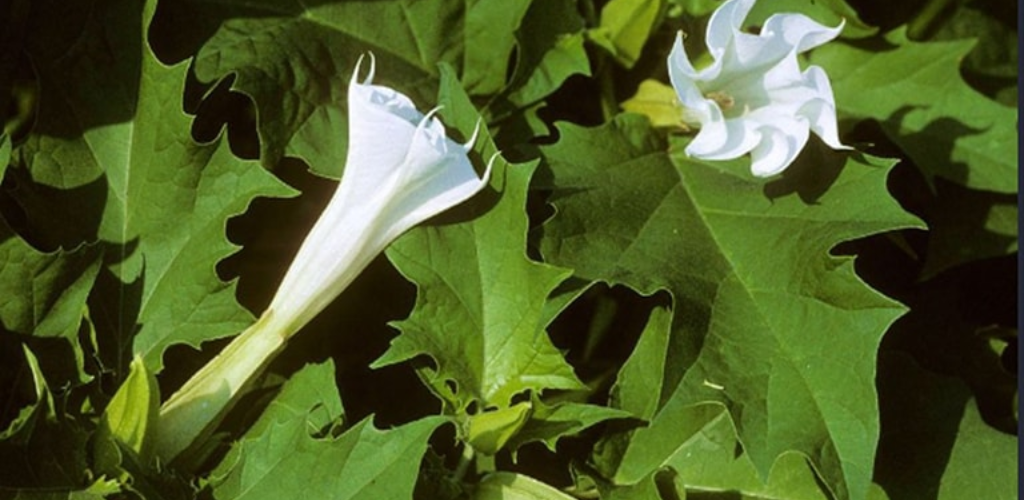This plant is poisonous, many grow it in their gardens: check if you have it
In the world of gardening there are many beautiful and appreciated plants that adorn gardens with their bright colors and delicious scents. Among these plants, however, there are also some that hide a dangerous secret. One of these plants is Datura Stramonium, commonly known as Jimsonweed, Devil’s Snare or Thorn Apple. Despite its attractive appearance, Datura Stramonium is highly toxic and can pose serious health risks if ingested or even handled improperly.
Datura Stramonium Identification:
Datura Stramonium is a member of the Solanaceae family, which also includes tomatoes, potatoes and peppers. It is an annual plant that can grow up to several meters in height and is characterized by large trumpet-shaped flowers that can be white, yellow or purple. Also characteristic are the leaves of Datura Stramonium, large, lobed and with irregularly serrated edges.
Health risks of Datura Stramonium:
Although Datura Stramonium may be visually attractive, it contains potent alkaloids such as atropine, scopolamine and hyoscyamine, which are highly toxic to humans and animals. Ingestion of any part of the plant, including leaves, flowers, seeds or roots, can lead to a variety of symptoms, including hallucinations, delirium, rapid heartbeat, blurred vision, dry mouth, difficulty swallowing and even coma or death in severe cases. cases.
Accidental Poisonings and Concerns:
Despite its toxicity, Datura Stramonium is sometimes grown in gardens for its ornamental value and its seeds are also occasionally used in traditional medicine or as a recreational drug due to their hallucinogenic properties. However, this does pose a significant risk, especially in households with children or pets who may unknowingly come into contact with the plant.
Prevention and Management:
To prevent accidental poisoning, it is essential that gardeners familiarize themselves with the characteristics of Datura Stramonium and exercise caution when handling or disposing of it. If you suspect that you or someone else has ingested or come into contact with Datura Stramonium, seek medical attention immediately. In the event of poisoning, prompt treatment is essential to a successful outcome.
Although Datura Stramonium may be visually striking, its potential toxicity makes it a plant to avoid in gardens and landscapes, especially in environments where children or pets are present. By being aware of the risks associated with this plant and taking the appropriate precautions, gardeners can help ensure the safety of themselves and their loved ones.
Datura Stramonium may have its charms, its toxic nature highlights the importance of taking care when selecting plants for your garden. Always research the plants you intend to grow, and if you suspect you have Datura Stramonium in your garden, take steps to safely remove it and prevent accidental exposure.
